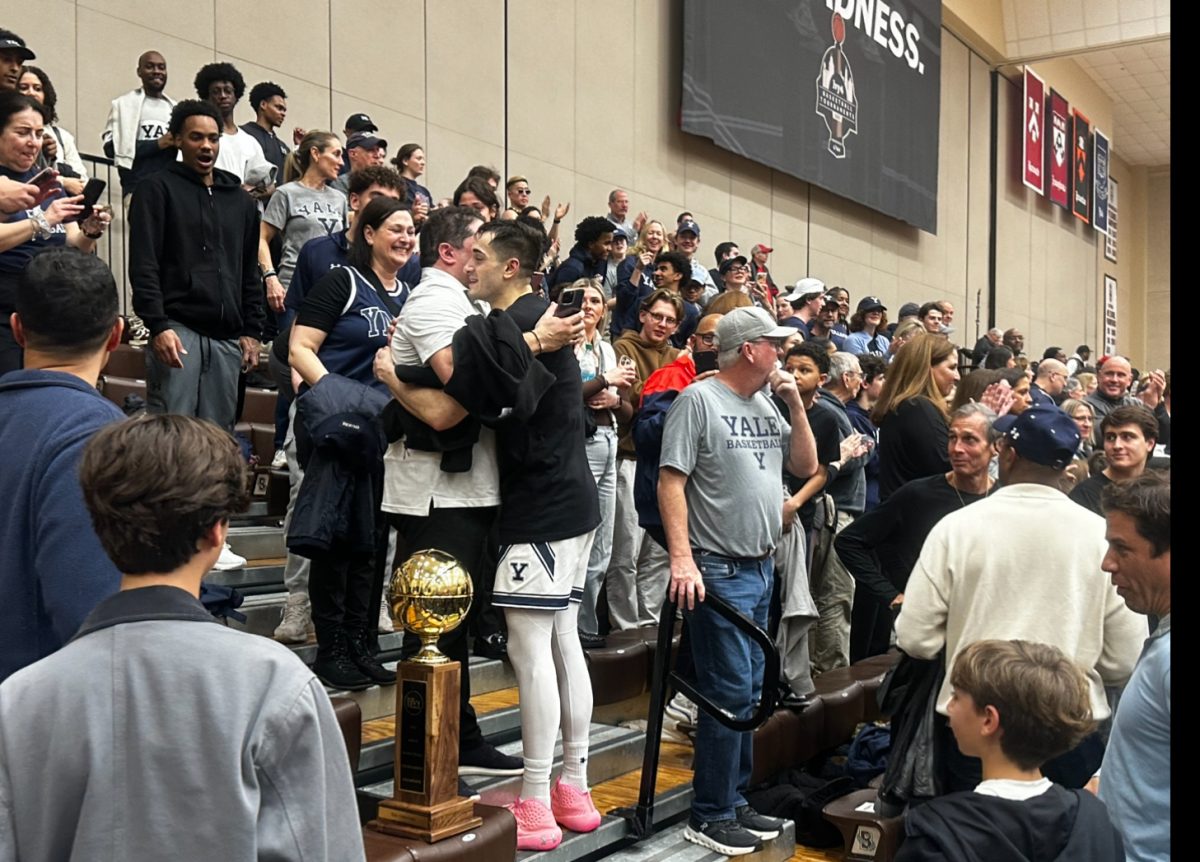In June 2023, the Supreme Court invalidated race-conscious admissions programs at Harvard and the University of North Carolina. Affirmative action has shaped school and college admissions for decades in ways that are not often open and understood by applying potential students. Chief Justice John Roberts wrote the majority opinion that college admissions must be color-blind. Conservative Justice Clarence Thomas stated his views that affirmative action imposes a stigma on minorities. This decision has been criticized by liberal members of the court and the public who argue that, since the late 1960s, affirmative action has been an important tool in bridging historical inequalities and promoting diversity in student bodies. The Supreme Court Decision this past summer ended the ability of public and private colleges to consider race as one of the factors in deciding the admission of qualified applicants. Or did it?
On February 2, the US Supreme Court declined to block West Point Military Academy from considering race as a factor in admissions decisions, according to the New York Times. The Times further reported that, in the same month, the high court also refused to review a challenge to the admissions process in a case involving the Thomas Jefferson High School for Science and Technology, a magnet school in northern Virginia. In 2020, the Fairfax County School Board developed an admissions policy that used race-neutral factors, such as student’s neighborhood and socioeconomic status. As a result, under this criterion, the school had a boost in Black and Latino enrollment, as well as more low-income students, English-learners, and girls. The percentage of Asian American students dropped from 70 percent to 50 percent. Parents accused the school of driving down Asian American enrollment and filed a lawsuit in 2021. According to reporting in the Washington Post on February 20, the lower court held that “intentional discrimination is constitutional so long as it is not too severe.” The Supreme Court declined to review this holding, but with critical dissent by two conservative justices, saying this reasoning was indefensible.
Director of Admission and Financial Aid Julie Cucchi reflected that the Supreme Court ruling from last summer currently applies to colleges and universities, so there is not an immediate impact on admission decisions for PDS. Director of College Counseling Sarah Graham had much to say about this issue: “The team and I have been paying close attention to this; even before the SCOTUS decision, this has been a huge discussion in our field.” Ms. Graham reflected that she and others have discussed the SCOTUS decision with admissions representatives and other college counselors. She went on to explain, “The Department of Education issues guidance to colleges which PDS has been following. The SCOTUS decision is written more for colleges to respond to rather than the work done at high schools.”
Ms. Graham further stated that the SCOTUS decision was not a big surprise and that colleges had been talking about it at length over the past year. “Advice we have been giving to students is largely unchanged because we ask students to reflect on their lived experiences and think about how those experiences have shaped them into who they are. Everyone’s story is valuable. The way colleges review applications may have changed a bit, but individual stories still really matter and we want to help students tell their stories as fully and wonderfully as they can.” PDS college counselors make it a point to talk to other college counselors and compare ideas, but PDS is confident in “doing our own thing.” As a team “we follow current events and try to follow the most relevant issues in our field and go to professional development conferences.” Ms. Cucchi expressed the same and that her office also works closely with DEI at PDS. Currently, PDS college counselors are talking to college representatives about what they are doing on their end. Ms. Graham stated: “Colleges have reassured us that there will still be a diverse community in every sense of the word.”
As of 2023, eight states have banned affirmative action. California was the first state to outlaw affirmative action at public universities in 1996. For the next decade, underrepresented groups dropped in enrollment. Currently, UC Berkeley has a Black student population of 3.8% and UCLA has 6%, while Harvard, with affirmative action, has a Black student population of 9.3%, according to statistics from bestcolleges.com. In a 2023 Pew Research Center survey, half of American adults disapprove of selective colleges considering race and ethnicity in admissions decisions. In the same survey, almost half of Black Americans (47%) said that they approved of affirmative action in selective college admissions compared to 29% of white Americans who approved and 37% of Asian Americans. Among Hispanic Americans, the numbers were split on approval and disapproval of affirmative action in college admissions.
Political party affiliation is also a strong indicator of people’s opinions on affirmative action according to the same research poll. Roughly 74% of Republicans said they disapproved of affirmative action. Among Democrats, 29% disapprove of the consideration of race and ethnicity in college admissions. Interestingly, the percentage of Americans who support affirmative action is higher now than it has been in the past. In the 2022 Pew Research poll, 74% of respondents indicated that race or ethnicity should not be a factor in admissions. Prior to the June 29, 2023 Supreme Court decision, Ballotpedia reported that out of 577 public universities, only 109 reported that they considered race in their admissions process. The state of play in affirmative action is a consideration for educational institutions throughout the country.














